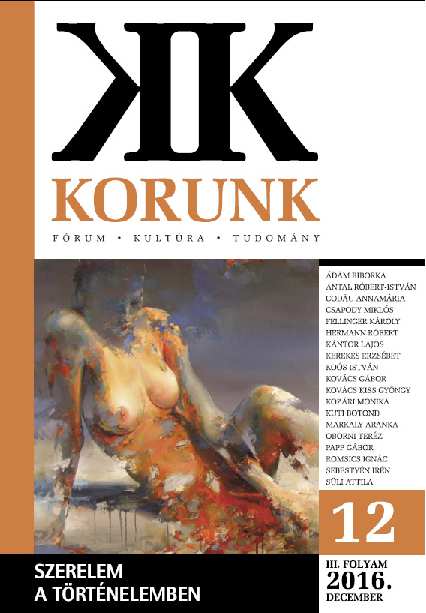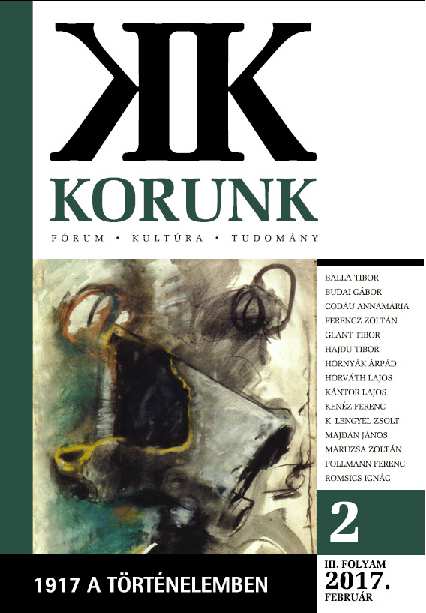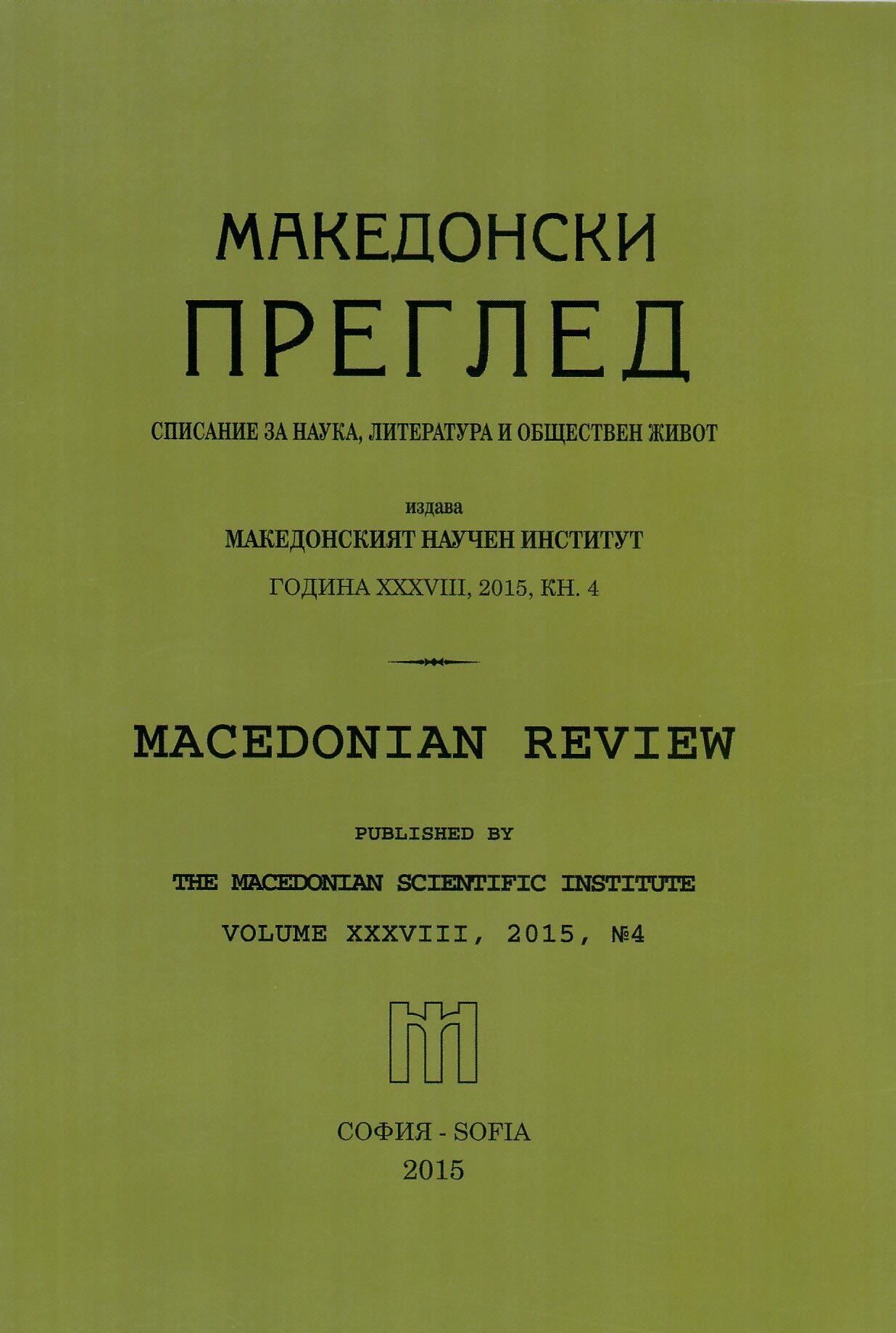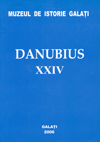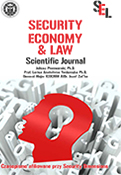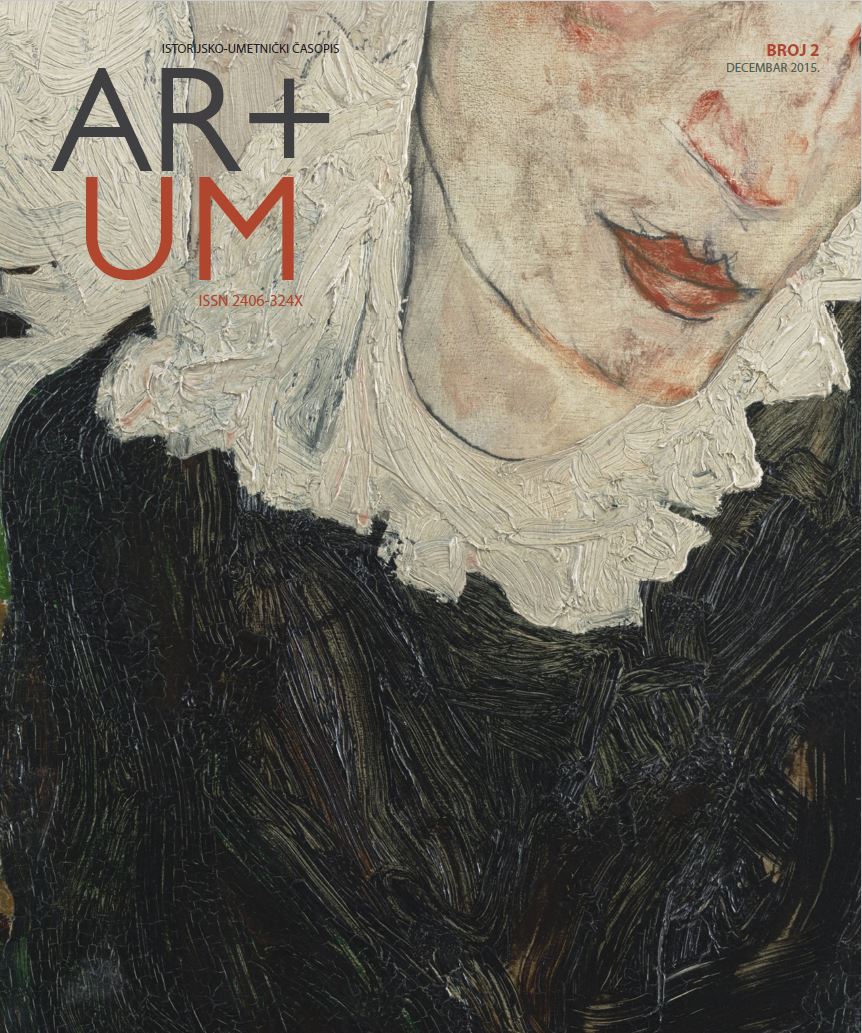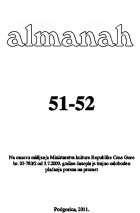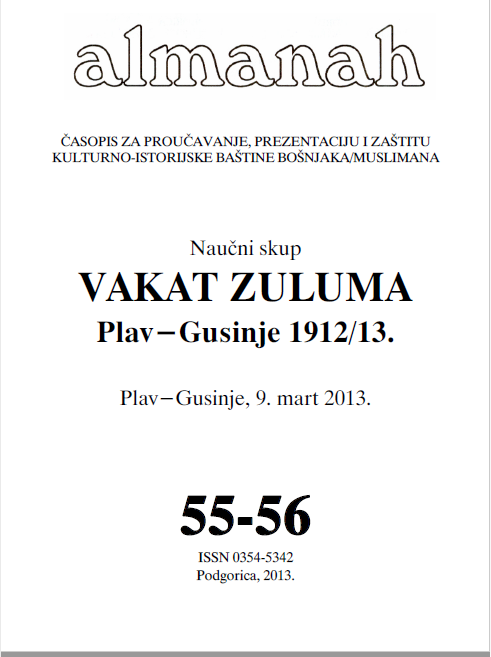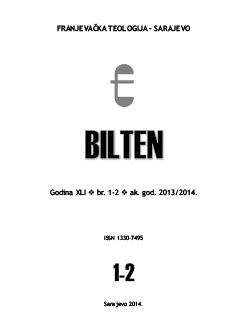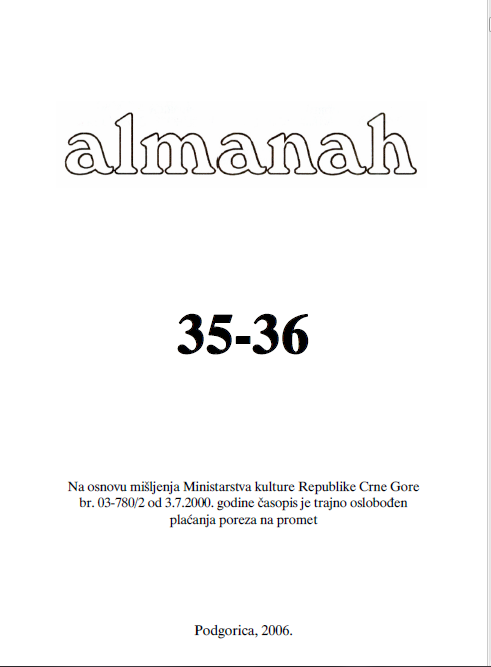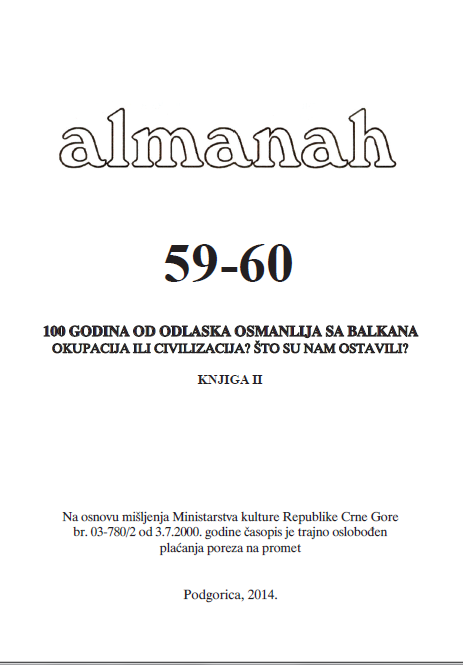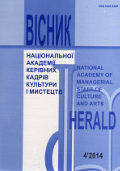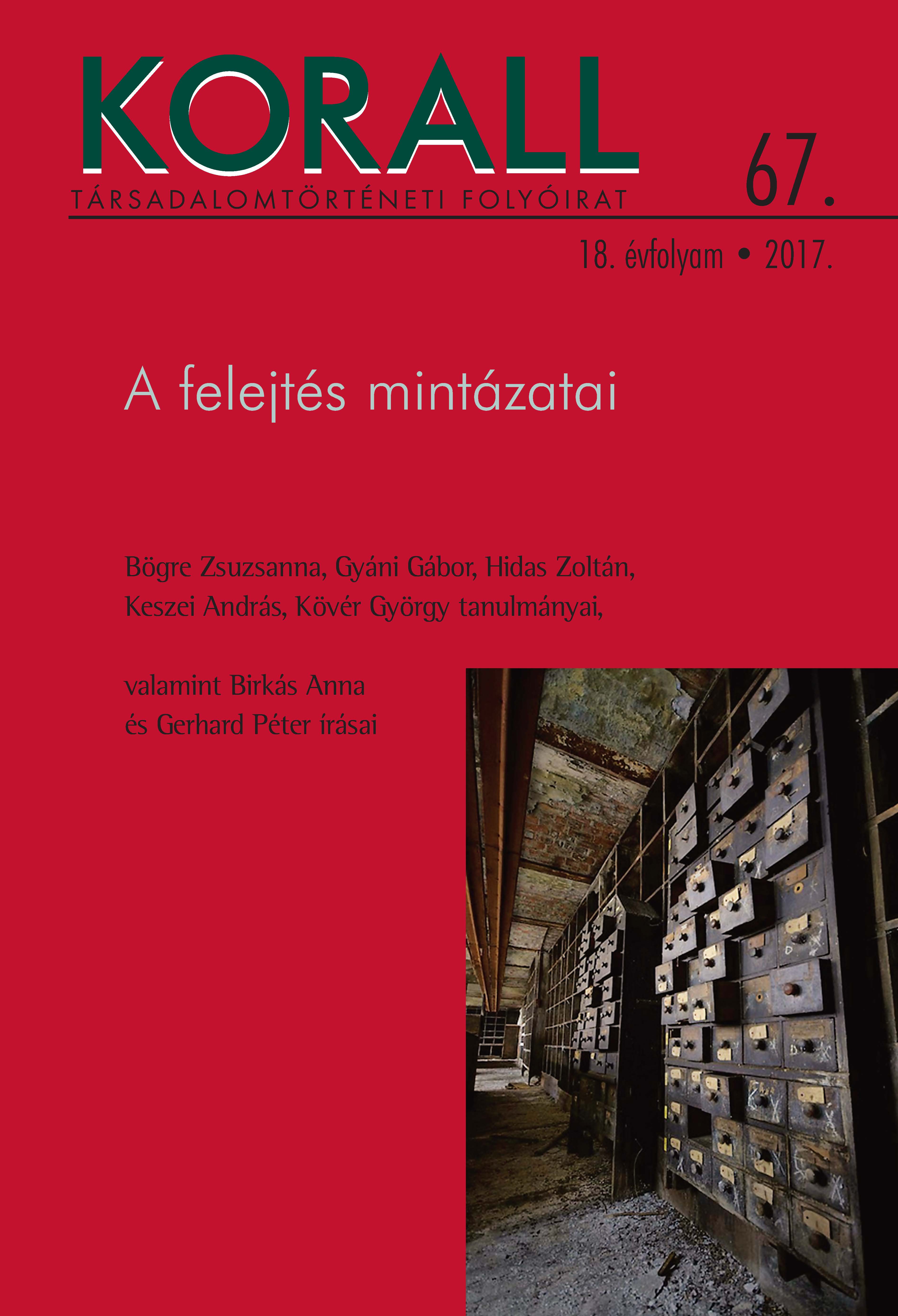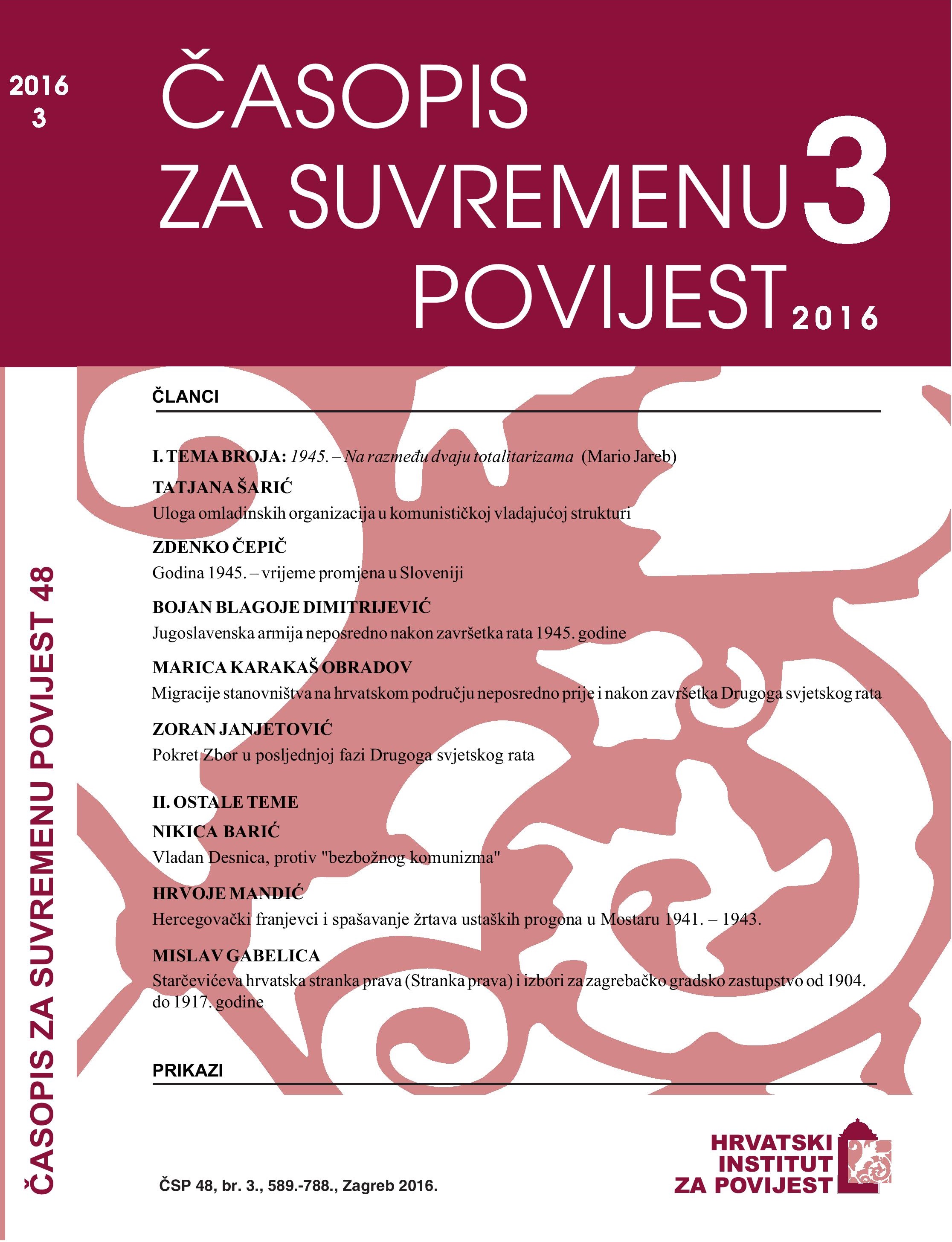
Starčevićeva hrvatska stranka prava (Stranka prava) i izbori za zagrebačko gradsko zastupstvo od 1904. do 1917. godine
In this article the author strives to answer the question, what were the reasons for the political collapse of Starčević’s Croatian Party of Right (Party of Right), which resulted in the party being merely a mute observer of the political events in Banal Croatia in late 1918, when the Kingdom of Serbs, Croats and Slovenes was being formed. In order to answer this question, the author has analysed the political influence of this party in the city of Zagreb, which was – according to extant historiographical research – the party’s initial stronghold and, according to the beliefs of a part of the political public in Croatia at that time, a key influence in the party’s expansion throughout Banal Croatia due to its role as the spiritual and economic centre of Croatia. Therefore, the author assumed that the reasons for the political collapse of this party should also be sought in the city of Zagreb. The author examined the political power of Starčević’s Croatian Party of Right (Party of Right) in Zagreb based on its representation in the city council in the period from 1904 till 1917, when the last elections for the Zagreb city council during the existence of the Austro-Hungarian Monarchy were held. The relationship between the political power of this party in Zagreb and its power on a national level is expressed through a comparison of Starčević’s Croatian Party of Right (Party of Right) representation in the Zagreb city council with its representation in the Croatian Parliament. On the basis of the facts presented in this article, such as the political rise of Starčević’s Croatian Party of Right (Party of Right) in Zagreb that preceded its rise on a national level and that this party, like Starčević’s Party of Right – which was formed in 1909 from its dissidents – remained primarily a party of Zagreb and its surrounding area (the counties of Zagreb, Varaždin, and Bjelovar-Križevci) throughout the whole period, the author proves that the political situation in Zagreb had a crucial influence on the political power of Starčević’s Croatian Party of Right (Party of Right) in Banal Croatia. Therefore, the waning of the party’s political influence in Zagreb was followed by its weakening on a national level. The reason for this loss of political influence,first in Zagreb and later throughout Croatia, stems from rifts in the party in 1908 and 1913, while the final collapse of the party – together with a final rift – was caused by World War I, when the party’s supporters were conscripted in greater numbers than those of other parties and thus distanced from the political events taking place at the home front.
More...
